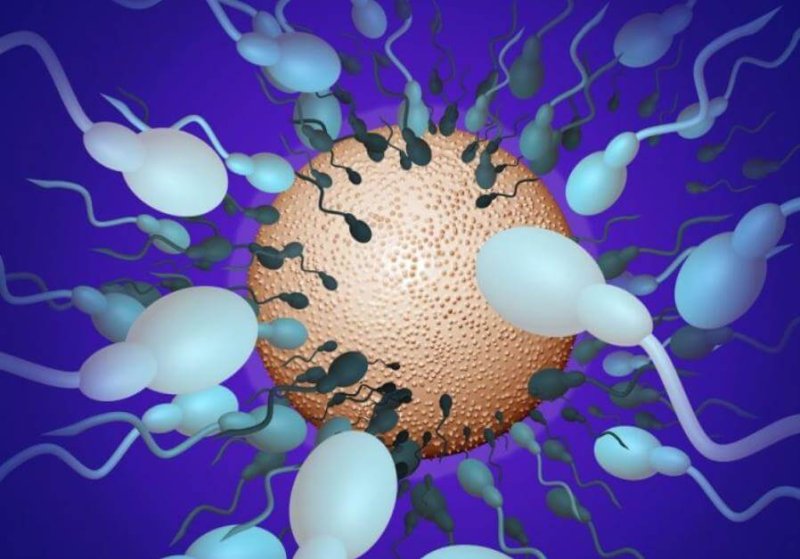For generations, it was a basic tenet of donating sperm: Clinics could forever protect their clients’ identities.
But, increasingly, donor anonymity is dead.
The rise of consumer genetic tests — which allow people to connect with relatives they never knew they had, including some who never intended to be found in the first place — is forcing sperm donation clinics to confront the fact that it is now virtually impossible to guarantee anonymity to their clients.
…
That, clinics and outside experts say, has forced a reckoning for the industry. Many clinics say they have revised their policies — not to eliminate “anonymous” donations, but to make clear that the term only means they will not share donor information. Others are gravitating toward “open ID” donor systems, in which donors are told that offspring could connect with them when they turn 18 — or sooner — if both parties agree to it.
…
“There’s no doubt that it’s easier to recruit a potential sperm donor if you tell him he can be anonymous,” said Fredrik Andreasson, a top executive at Seattle Sperm Bank, which has revised its own contracts. “But there’s no such thing as anonymity.”
Read full, original post: ‘There’s no such thing as anonymity’: With consumer DNA tests, sperm banks reconsider long-held promises to donors































